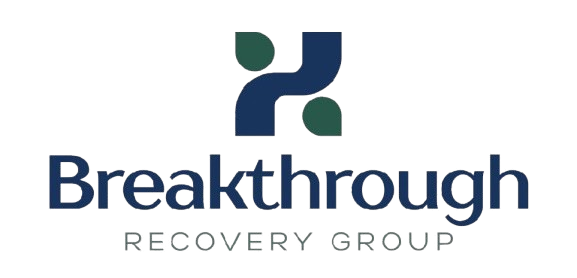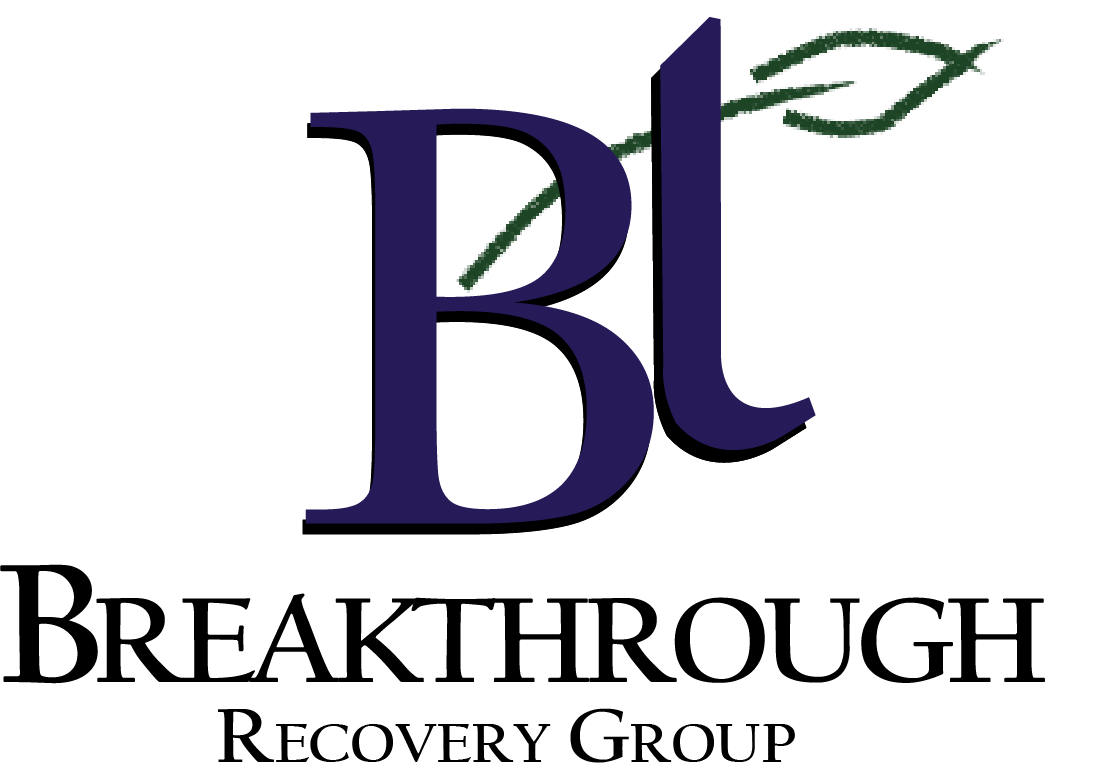
The Importance of Inpatient Drug Treatment for Recovery
Recognizing the crucial role of inpatient drug treatment in Spokane involves understanding how these programs provide an intensive level of care for individuals struggling with addiction. Unlike outpatient programs, inpatient treatment centers offer a structured environment free from outside distractions, allowing patients to focus entirely on recovery. This type of treatment is particularly beneficial for those who require medical detoxification and round-the-clock supervision to manage withdrawal symptoms and prevent relapse.
A notable advantage of inpatient drug treatment is the comprehensive range of therapies offered, tailored to address the physical, psychological, and emotional aspects of addiction. Patients benefit from personalized care plans that may include individual and group therapy, behavioral therapies, and holistic approaches such as meditation or art therapy. These interventions work synergistically to address the underlying causes of addiction and equip individuals with the tools needed for sustainable recovery.
Exploring the Variety of Treatment Options
The landscape of inpatient drug treatment in Spokane is diverse, offering various programs designed to meet the unique needs of every individual. Some facilities specialize in treating specific types of addiction, such as opiate or methamphetamine dependence, while others provide generalized treatment for all substance use disorders. This diversity ensures that patients can find a program that aligns with their specific requirements and recovery goals.
Besides traditional therapeutic methods, many Spokane facilities integrate innovative treatments and evidence-based practices. For instance, trauma-informed care and dual diagnosis treatment address both addiction and concurrent mental health disorders, recognizing the complex interplay between these conditions. This integrated approach is crucial for individuals who may be self-medicating due to unresolved trauma or untreated mental health issues, providing a holistic path to healing.
Personalized Care at BTRG Spokane
BTRG Spokane is at the forefront of providing tailored inpatient drug treatment services, emphasizing the importance of individualized care plans. The organization’s skilled therapists work closely with clients to identify their specific needs, goals, and challenges, ensuring a customized treatment approach. By doing so, they foster a trusting therapist-client relationship, which is fundamental to successful recovery.
These personalized efforts are underpinned by evidence-based techniques and a commitment to fostering a supportive and inclusive environment. By focusing on the unique circumstances and backgrounds of each client, BTRG Spokane makes certain that every individual feels valued and understood. This commitment to personalized care ensures that clients are not just treated but are empowered to take control of their recovery journey.
The Role of Family Involvement
In the context of inpatient drug treatment, family involvement is often a critical component of the recovery process. Many facilities in Spokane, including BTRG Spokane, recognize the importance of incorporating family therapy and education into their programs. Families are not only educated about addiction and recovery but also equipped with communication and coping strategies to support their loved ones through treatment and beyond.
Engaging families in the treatment process helps to restore trust and heal relational wounds that addiction may have caused. By facilitating open communication and understanding, therapy sessions allow family members to express their feelings and concerns in a safe environment. This collaborative approach reinforces the support system crucial for the patient’s long-term recovery and helps prevent relapse by fostering a healthy home environment.
Challenges Faced by Inpatient Treatment Programs
While inpatient drug treatment programs in Spokane provide invaluable support, they also face several challenges. One major challenge is ensuring accessibility for all individuals, regardless of financial status, insurance coverage, or geographic location. Some residents may find it difficult to access the care they need due to cost or logistical barriers, making it essential for facilities to strive towards inclusivity and affordable care.
Additionally, the stigma surrounding addiction remains a significant hurdle. Even with modern advancements in treatment methodologies, societal misconceptions about addiction can deter individuals from seeking help. Treatment centers continually work to educate the public and dispel myths, emphasizing addiction as a treatable disease rather than a moral failing. Overcoming these challenges requires a concerted effort from healthcare providers, policymakers, and the community to ensure that individuals receive the non-judgmental, compassionate care they deserve.
Innovative Approaches to Recovery
The realm of inpatient drug treatment in Spokane is evolving, with many centers adopting innovative methods to enhance recovery outcomes. Techniques such as mindfulness-based stress reduction, equine-assisted therapy, and virtual reality exposure therapy are gaining traction as complementary modalities to traditional treatments. These approaches offer patients new ways to engage with their treatment, making the recovery process more dynamic and personalized.
Incorporating technology into treatment plans is another innovative trend. Telemedicine, for instance, allows patients to access support and resources even after leaving the inpatient setting. This continued access to care helps individuals maintain accountability and receive timely interventions if they encounter challenges post-treatment. By embracing these innovative methods, treatment centers can cater to the diverse preferences and needs of their patients, ultimately fostering a more effective recovery experience.
Building a Supportive Community
For BTRG Spokane and similar organizations, fostering a supportive community is a pillar of their approach to inpatient drug treatment. Creating a sense of belonging and community among patients helps mitigate feelings of isolation and reinforces the shared journey of recovery. Group therapy sessions, peer support groups, and community activities are integral components of many treatment programs, enabling patients to connect with others who understand their experiences.
Beyond the treatment period, alumni programs and community outreach initiatives serve as vital support networks. These programs keep former patients engaged and motivated in their sobriety while also offering them opportunities to give back and support newcomers. By nurturing these community bonds, treatment centers cultivate an environment where individuals feel empowered and encouraged to maintain their recovery.
Importance of Continuous Professional Development
Continuous professional development is a core value for BTRG Spokane, reflecting the organization’s commitment to delivering the highest standard of care. Regular training and workshops ensure that therapists and staff remain informed about the latest research, techniques, and industry best practices. This dedication to learning enables the team to implement cutting-edge treatments that enhance patient outcomes.
Professional development also enhances the ability of staff to adapt to the unique needs of each client, fostering a more personalized and effective treatment experience. By investing in education and skill-building, organizations like BTRG Spokane demonstrate their commitment to excellence, ensuring that they can support their clients in the most meaningful and impactful ways possible.
Addressing the Complexity of Co-Occurring Disorders
Addressing co-occurring disorders is a critical aspect of inpatient drug treatment at BTRG Spokane. Many individuals struggling with addiction also face mental health challenges, such as anxiety, depression, or post-traumatic stress disorder. These co-occurring conditions can complicate recovery efforts, making it essential for treatment programs to address both issues simultaneously.
Integrated treatment approaches that attend to mental health and substance use disorders are vital for comprehensive care. By offering dual diagnosis treatment, organizations ensure that all aspects of a patient’s health are considered, allowing for more effective interventions. Specialized therapies, medication management, and continuous monitoring are just a few ways that treatment centers can support individuals with complex needs, helping them achieve lasting recovery.
Focus on Evidence-Based Practices
BTRG Spokane prioritizes evidence-based practices as a foundation for successful inpatient drug treatment. Grounded in scientific research and clinical expertise, these practices offer reliable paths to recovery that have been validated through extensive studies. Utilizing methods such as cognitive behavioral therapy, motivational interviewing, and contingency management, treatment centers provide patients with effective strategies for overcoming addiction.
By adhering to evidence-based practices, inpatient treatment facilities ensure that their programs are both credible and effective. This commitment to proven methods underscores the importance of offering patients the best possible chance at recovery. Through continuous evaluation and adaptation of their approaches, organizations like BTRG Spokane remain at the forefront of addiction treatment, providing compassionate and effective care to all who seek their support.

What is an inpatient treatment program?
An inpatient drug treatment Spokane program is a structured residential therapy where individuals live at the facility while receiving comprehensive care for addiction. This form of treatment is beneficial because it provides a controlled environment free from everyday triggers and distractions, allowing individuals to focus entirely on their recovery journey. At centers like BTRG Spokane, these programs are tailored to meet the unique needs of each patient, with personalized care plans that incorporate medical, emotional, and psychological support. Imagine a space where you can immerse yourself in healing, surrounded by professionals dedicated to guiding you through each step. This level of intensive care is particularly crucial for those requiring medical detox or dealing with severe addiction symptoms, ensuring that they have 24/7 supervision and support. It’s a holistic approach that not only addresses the addiction itself but also the underlying issues contributing to it.
How does BTRG Spokane personalize treatment plans?
At BTRG Spokane, personalization is key to effective treatment. Their approach begins with a thorough assessment of each client’s specific needs and challenges. This involves understanding the individual’s history, type of addiction, co-occurring mental health conditions, and personal goals. For example, if a client comes in with anxiety alongside their substance use disorder, therapists might integrate anxiety management techniques into their treatment plan. The goal is to create a program that resonates with the individual, making them feel understood and empowered. By using evidence-based practices like cognitive-behavioral therapy alongside innovative modalities such as mindfulness or art therapy, BTRG Spokane ensures that the treatment is comprehensive and adaptable. This tailored approach not only enhances the clients’ experience but also increases the likelihood of sustained recovery.
Why is family involvement crucial in addiction recovery?
Family involvement is often a game-changer in the recovery process. Addiction doesn’t just affect the individual; it impacts the entire family dynamic, sometimes creating trust issues and emotional wounds. At BTRG Spokane, involving family members in the treatment process helps repair these relationships and builds a stronger support system for the individual in recovery. Family therapy sessions are opportunities for open communication, where members can express feelings, understand the complexities of addiction, and learn supportive behaviors. For instance, a family might learn how to establish healthy boundaries or provide encouragement without enabling. Engaging families fosters a holistic healing environment and equips them with tools to aid their loved one’s ongoing recovery journey. Plus, when families are involved, they are likely to continue supporting their loved one even after formal treatment ends, reducing relapse risks. What are your thoughts on how family dynamics can influence recovery processes?
What are the challenges faced by inpatient treatment programs?
Inpatient treatment programs, while effective, do face several hurdles. Accessibility remains a major challenge, as not everyone can afford or easily access these services due to financial or geographic barriers. BTRG Spokane, for example, continuously works towards offering inclusive and affordable care to mitigate such issues. Another significant challenge is the stigma surrounding addiction, which can discourage individuals from seeking help. Despite the advancements in treatment methods and the understanding of addiction as a disease, societal misconceptions persist. Educating the community and breaking down these stigmas is an ongoing effort. Additionally, adapting to the evolving needs of patients, which requires constant professional development and incorporation of the latest treatment techniques, is crucial. Overcoming these challenges requires collaborative efforts from healthcare providers, communities, and policymakers.
What are some innovative approaches to recovery at BTRG Spokane?
BTRG Spokane embraces several innovative approaches to enhance recovery outcomes. Techniques like mindfulness-based stress reduction, equine-assisted therapy, and even virtual reality exposure therapy are part of their diverse treatment repertoire. These methods offer new, dynamic ways for patients to engage with their recovery, making the process more personalized and responsive to individual preferences. For example, someone who struggles with traditional talk therapy might find solace and insight through art therapy or equine activities, which provide different therapeutic benefits and perspectives. Additionally, the use of technology, such as telemedicine, extends care beyond the inpatient setting, allowing for continuous support and timely interventions post-treatment. By incorporating these innovative strategies, BTRG Spokane not only meets the diverse needs of their patients but also leads the charge in creating more adaptable and effective treatment environments. What alternative therapies or technologies would you be interested in exploring for addiction recovery?
Resources
- Substance Abuse and Mental Health Services Administration – The Substance Abuse and Mental Health Services Administration (SAMHSA) is the leading agency in the United States focused on improving the behavioral health of the nation.
- National Institute on Drug Abuse – The National Institute on Drug Abuse (NIDA) is a government agency dedicated to advancing addiction science and providing resources to address drug abuse and addiction.
- Mayo Clinic – Mayo Clinic is a nonprofit medical center known for its expertise in patient care, research, and education related to various health conditions, including addiction and substance abuse.
- American Psychiatric Association – The American Psychiatric Association (APA) is a leading organization of psychiatric professionals focused on ensuring humane care and effective treatment for all persons with mental disorders, including substance use disorders.
- Centers for Disease Control and Prevention – The Centers for Disease Control and Prevention (CDC) is a trusted source of information on public health, including substance abuse prevention and treatment.




